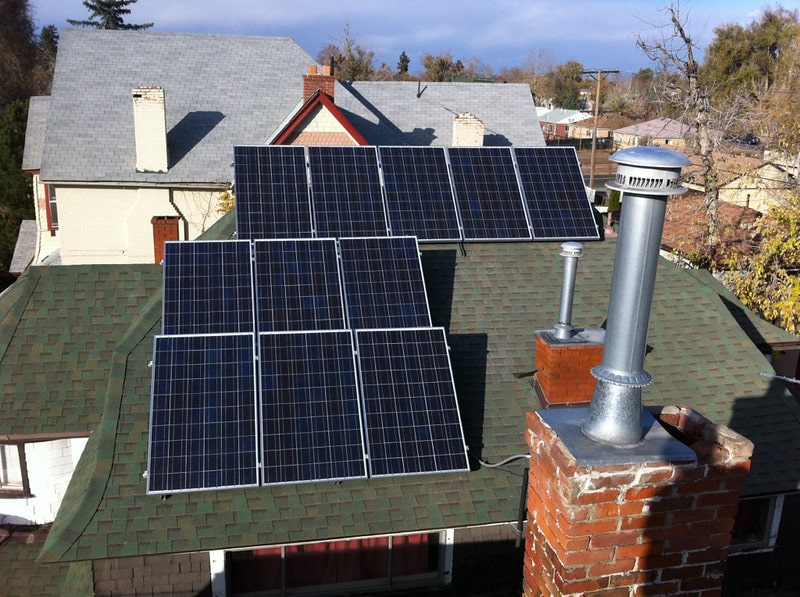From pv magazine Global.
The scarcity of development sites in Japan means rooftop solar will play a key role if the nation is to achieve its aim of carbon-neutrality by mid century.
With solar at the heart of Japan’s energy transition, according to a paper commissioned by domestic thinktank the Renewable Energy Institute, more than a third of the 524 GW of solar generation capacity needed by 2045 would be installed on urban rooftops.
The scale of the challenge is represented by the fact researchers from Finland’s LUT University; the Japanese thinktank; and German peer Agora Energiewende insisted Japan would have to install the maximum volume of solar project capacity possible, occupying 1.3% of the total free land area available today with utility scale PV plants.
Pathway
The route to net zero by mid century will require Japan to raise the 18% of its energy mix accounted for by renewables in 2019 to at least 40% by 2030, helping drive a 45% fall in the volume of greenhouse gas emissions at that date–compared with 2010 figures–and a 90% reduction by 2045, at which point imported synthetic hydrogen and methane could complete the goal in the hardest-to-decarbonise industrial sectors.
Japan is not as far down the emissions reduction track as the EU and, with its power sector still offering the biggest carbon saving potential, the authors of the Renewable pathways to climate-neutral Japan study suggested 8.4 GW of solar should be installed annually, to hit 144 GW this decade, including 70 GW of household systems, up from 23 GW last year. Japan added more solar annually–8.5 GW–in the 2014-19 period.
If that new solar target sounds achievable, the requirements of 2031-45 modelled by the researchers called for 25 GW of new solar each year, to attain that 524 GW figure.
Photovoltaics are slated to be the energy transition workhorse based on an expectation the cost of generating solar electricity will fall to an average ¥3.90/kWh ($0.036) by 2050. The ¥17.4 trillion ($159 billion) annual cost of the energy system modelled would be significantly lower than the current ¥24.7 trillion and a renewable energy mix would see only ¥3.8 trillion ($34.8 billion) spent on imports–of synthetic fuels–compared to the ¥17 trillion lavished on fossil fuel imports today.
With governments around the world being urged to formulate green hydrogen strategies, the Renewable Energy Institute-commissioned paper is notable for emphasising the energy needs of Japan should steer the nation towards the electrification of sectors such as heating, transport and most of its industry, and should keep hydrogen use to a minimum. According to the authors, the wind power capacity required to fuel the domestic production of green hydrogen would place too great a strain on the energy system, so the sustainable gas should be imported and used only in the few sectors where it would constitute the only alternative to fossil fuel dependency.
The report’s authors suggest the Japanese government should enshrine its suggested renewables capacity mix figures into concrete climate change targets; phase out coal by 2030–with economics ensuring nuclear falls away by the same point; encourage rapid heat pump and electric vehicle adoption; and apply strict energy efficiency standards in its building codes.
This content is protected by copyright and may not be reused. If you want to cooperate with us and would like to reuse some of our content, please contact: editors@pv-magazine.com.









By submitting this form you agree to pv magazine using your data for the purposes of publishing your comment.
Your personal data will only be disclosed or otherwise transmitted to third parties for the purposes of spam filtering or if this is necessary for technical maintenance of the website. Any other transfer to third parties will not take place unless this is justified on the basis of applicable data protection regulations or if pv magazine is legally obliged to do so.
You may revoke this consent at any time with effect for the future, in which case your personal data will be deleted immediately. Otherwise, your data will be deleted if pv magazine has processed your request or the purpose of data storage is fulfilled.
Further information on data privacy can be found in our Data Protection Policy.